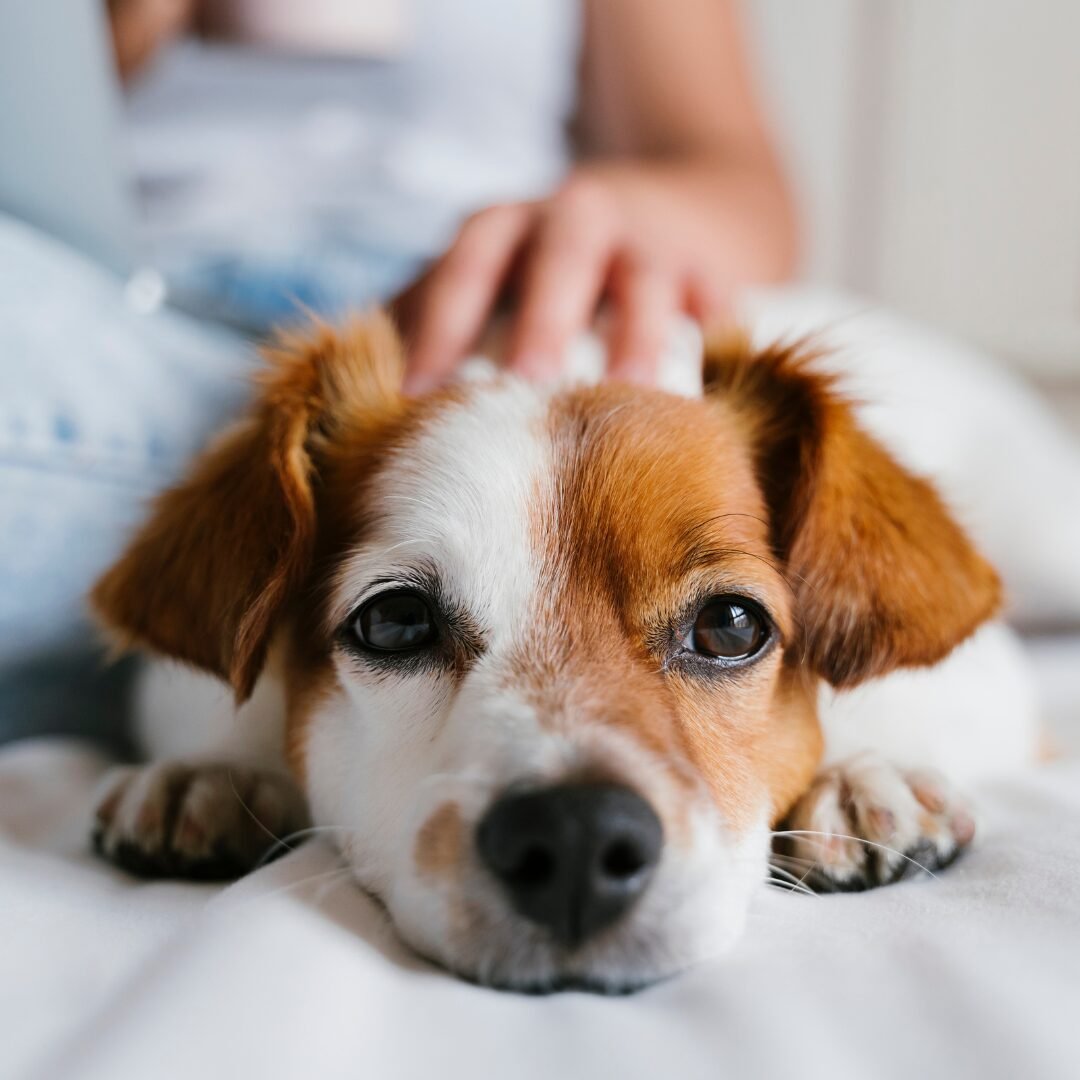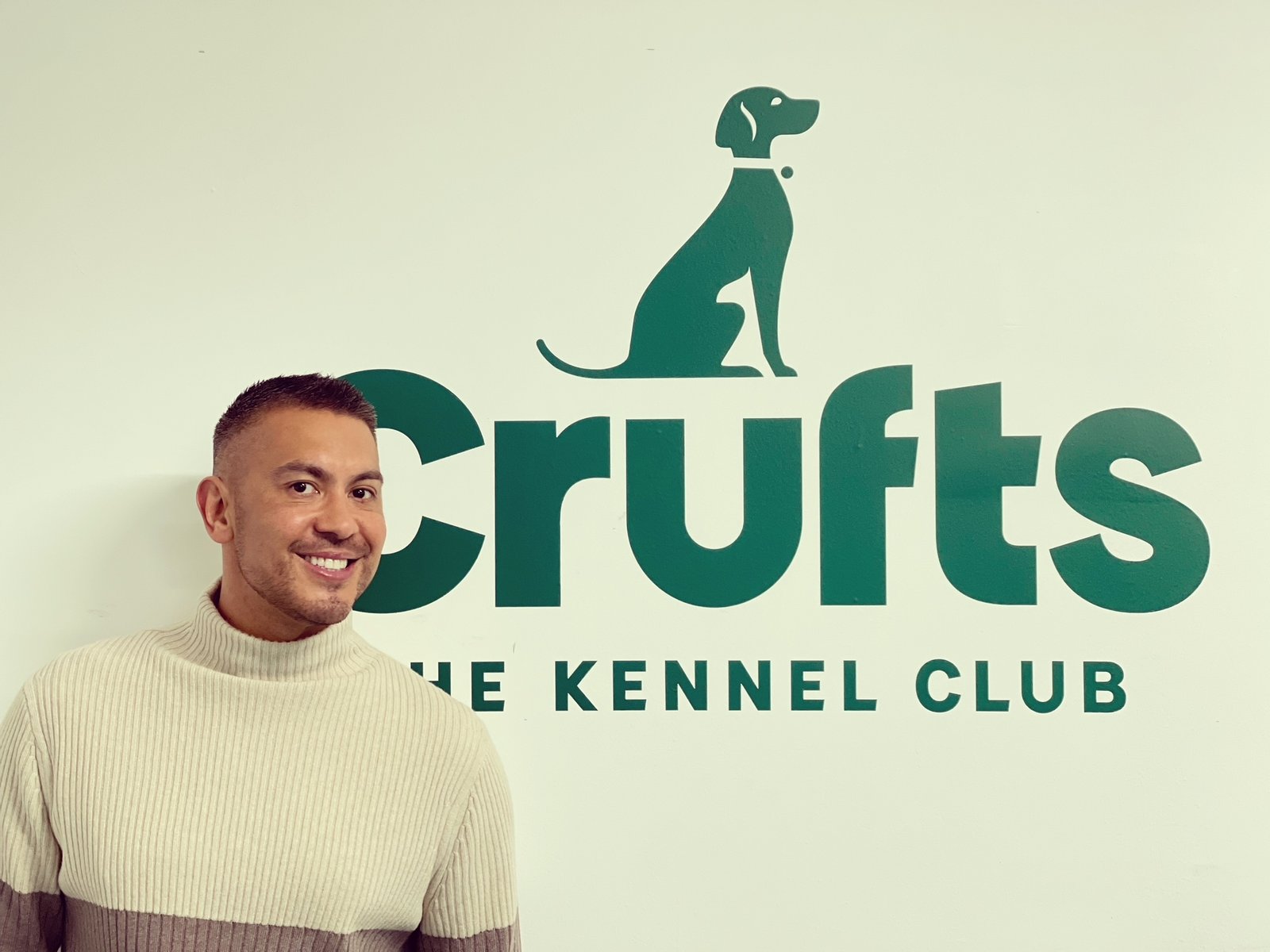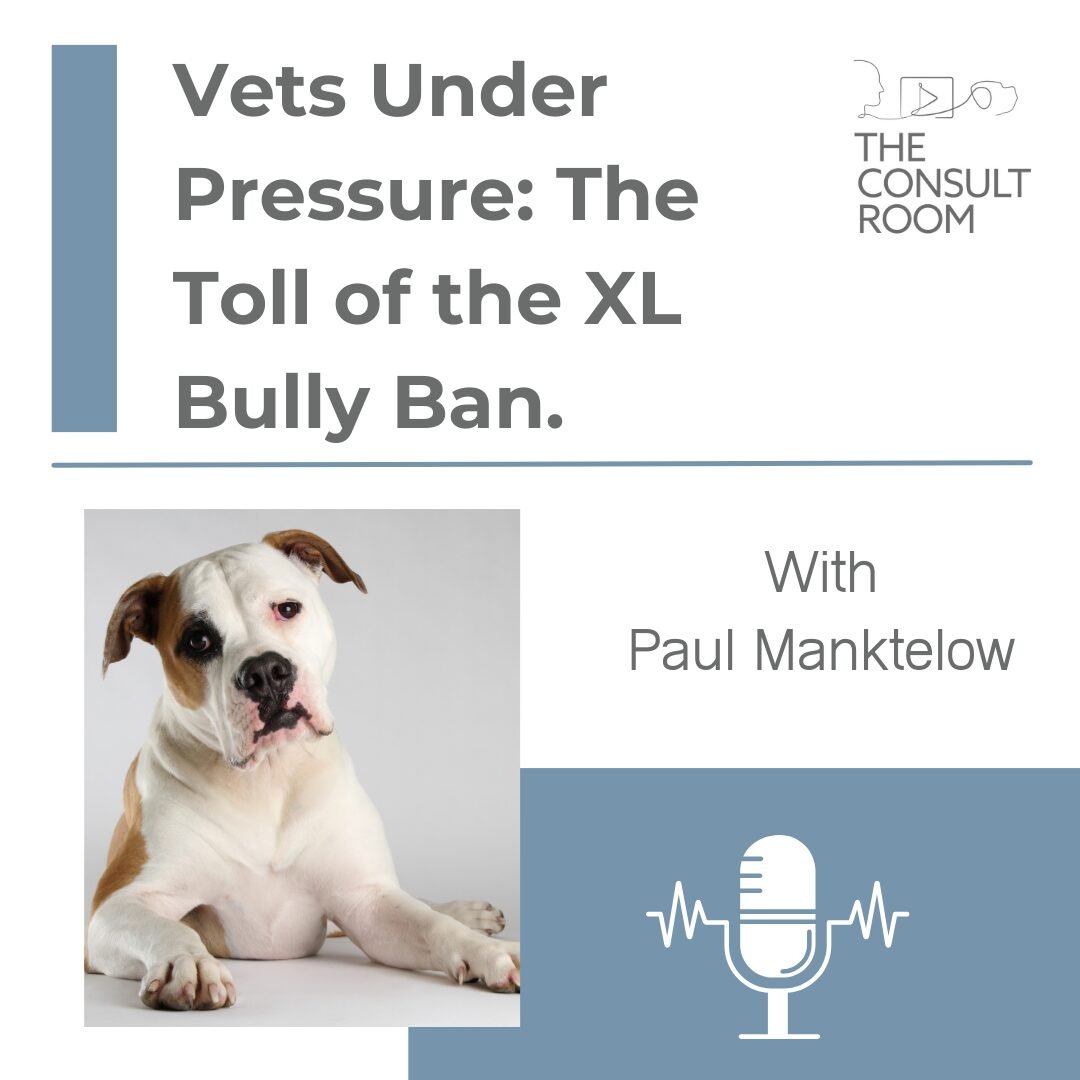Pets are bad for the environment. Fact. But so are humans – and we’re the ones making the choices! So let’s make better choices by making sustainable pet ownership one of our resolutions going forwards.
After all, as we become more aware of the importance of preserving our planet and developing more sustainable lifestyles for ourselves and our families, it makes sense to make our pet ownership more sustainable too. With over 50 million pet owners in the UK, if just a fraction of us take action towards sustainable, ethical and environmentally-friendly petcare in 2024 we could still make a huge difference.
As James Cromwell famously said, “Pets are humanising. They remind us we have an obligation and responsibility to preserve and nurture and care for all life” so if you want to make a different type of resolution for the new year, and find progressive, exciting ways to keep happy and healthy pets whilst protecting the planet at the same time, let’s get started.
Pet Food Movement
Unless our pet is on a special diet, most of us use commercial pet food brands that have dominated the market for decades. From dry kibble, to cans and pouches, the manufacture and by-product waste of these highly processed foods costs the planet considerably.
But there is a movement happening, one that leaves a substantially smaller carbon footprint and is equally tasty and nutritious. It’s also easy to join in – by considering novel proteins as diet alternatives for your dog. Novel proteins from insects, plant-based proteins and vegan-based diets are all options which could save up to 8.8 tonnes of CO2 for every medium dog whose diet is switched from commercial meat-based foods.
[Read more in my Why are Dogs Going Vegan blog.]
These novel protein and vegan diets are also great alternatives for pets requiring a hypoallergenic diet due to food intolerances, because novel proteins are far easier to digest than traditional protein sources.
Please note though, cats are obligate carnivores and so it’s really not appropriate or safe to feed vegan food. But those insect diets are definitely in!
Numbers and Neutering
Sustainable resources are all about numbers and quantity – and the global pet population is a huge concern. With numbers rapidly rising, shelters and rehoming centres often beyond capacity and increasing numbers of stray pets roaming the streets, it’s imperative that we carefully consider the ethical and environmental choice to breed our pets.
Whilst it might seem like a nice idea in practice, it’s rarely the idyllic scenario many pet owners hope for, another reason for so many unwanted pets. So sustainable – and responsible – pet ownership also includes making well-informed decisions about breeding and neutering.
Planet-protecting poo pickups
Whilst neutering is a bigger, one-off decision, small decisions and actions also help and you can make an easy, daily difference to the environment by paying attention to poo. Simply switch to picking up poo using compostable poo bags instead of single-use plastic bags – so that the whole package biodegrades.
It’s also possible to purchase garden poo-bins so the poo decomposes in a quiet corner of the garden.
For other pets, such as small furries and indoor cats, making a swap to biodegradable litter products helps reduce the tonnes of litter languishing in landfill.
Reduce, reuse, recycle
‘Reduce, reuse, recycle’ is the vital concept promoting sustainable living which can also be reapplied to sustainable pet ownership. As pet owners, our homes have many items we probably don’t even realise are recyclable!
Most pet food containers are recyclable – just check labels and packages for details or your local council website for more information about which items can be recycled.
And when pets pass or outgrow their items, many rehoming centres, fosterers or local dog wardens will be pleased to receive them. From old leads and harnesses, to food bowls, lightly-used toys and beds, passing on these items helps the planet and also provides charities with vital resources. They also provide welcome comforts for the unfortunate pets in rescue centres.
Walking the dog!
A good, rambling dog walk is part of the joy of dog ownership, and one which brings many health benefits for us and our dogs. But how many of us start a walk by getting behind the wheel of the car?
Whilst this might be the only option for pet-parents living in urban areas, with limited access to open spaces and parks, it’s always worth taking another look at your local area. Many places have hidden parks, public spaces and footpaths which are good options for walks right from your door. This also helps you become more aware of the nature and biodiversity in your local environment too.
But if you have to drive? Offset those carbon emissions by taking a litter bag with you and add a mini litter picking session to the walk. Whether just 10 pieces or 10 minutes as you walk back to the car after the walk, you’ll be surprised how much difference it makes – and how much it inspires others to do the same. The planet – and local wildlife – will definitely thank you for it!
Wildlife Aware
Speaking of nature in your local environment – it’s not just at risk from global warming and our environmental impact, but also from our pets! Domestic cats and dogs still retain their primal hunting instincts and have the potential to become expert hunters.
Whilst we can’t – and shouldn’t – suppress this natural instinct, we can help protect the wildlife in the garden or wider area. Place a simple bell on your cat or dog’s collar so your pet can’t silently sneak up without the bell alerting birds and wildlife that they’re within pouncing range.
A new take on toys
Not all pet toys are affordable – for us or the planet, but thankfully eco-friendly toys are also an option. Every cat owner will know that delivery boxes can be a preferred place to play, whilst toilet rolls of treats and homemade toys can entertain and excite our small furries. Look out for toys made from sustainable or recycled materials which can also be recycled at the end of their lives too.
It’s also possible to recycle some of your own items into fun toys for your pets!
Clean and Green
Grooming your pet can be a planet-friendly business too! Green grooming is a growth industry, making it easier to find groomers who value sustainability and use eco-friendly products and services.
If you’re bathing at grooming your pet at home, shop for products without unhealthy chemicals and synthetic colours and fragrances. Check labels closely as the terms ‘natural’ and ‘organic’ often appear but may be misleading. Educate yourself about problem products and insidious ingredients to avoid, such as nasty chemicals like Sodium Laureth Sulphate (SLS) and Butylated Hydroxyanisole (BHA).
Adoption or breeder option
If 2024 is your year for getting a pet, please consider adoption as a planet and pet-friendly option. In the current cost-of-living crisis, many pets have been surrendered to shelters, rescue centres and foster homes, so adopting a rescue pet will make a huge difference.
If you decide you would rather purchase a new puppy or kitten do it right by ensuring you use a reputable breeder. Puppy farming is real and has thrived since the pandemic. The impact of unscrupulous dealers breeding without care, then selling unhealthy, unwell puppies and kittens at inflated prices has been disastrous and distressing for owners who are then immediately faced with a pet health crisis and sudden, unexpected veterinary fees.
You should ALWAYS do your research and Lucy’s Law is a useful place to start. When visiting prospective pets, be cautious. Always ask to meet mum and pups first, ensure there is traceable paperwork and never agree to buy a puppy younger than 8 weeks of age. A reputable breeder will never offer an underage puppy and, because they would prefer the best homes, they will welcome questions and verification. If not or if something seems suspicious, trust your gut and walk away.
More helpful advice on purchasing a puppy from my blog and podcast with Dr. Jane Ladlow
The new year is always a time for looking ahead to the future so please consider taking responsibility in some small way in 2024. Sir David Attenborough has the final word on that:
“Surely we have a responsibility to leave for future generations a planet that is healthy and habitable by all species”
 Dr Paul Manktelow is a vet who’s worked for almost 20 years on the front line in some of the UK’s busiest veterinary hospitals. As Chief Vet in the Charity Sector, he leads a team of vets and nurses that treat thousands of pets every year. Paul also appears regularly in the media as a TV and radio presenter, writer, public speaker and podcast producer.
Dr Paul Manktelow is a vet who’s worked for almost 20 years on the front line in some of the UK’s busiest veterinary hospitals. As Chief Vet in the Charity Sector, he leads a team of vets and nurses that treat thousands of pets every year. Paul also appears regularly in the media as a TV and radio presenter, writer, public speaker and podcast producer.






Leave A Comment